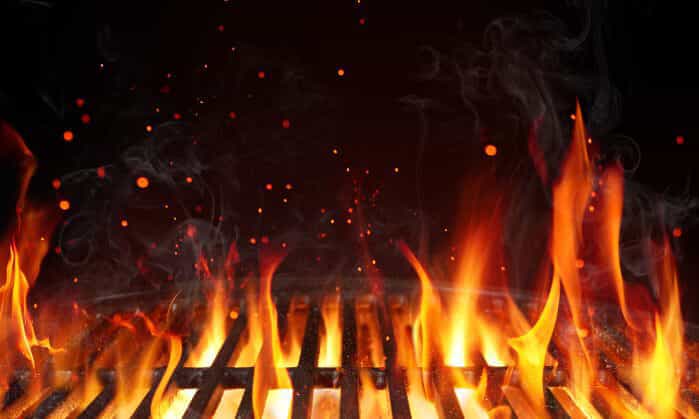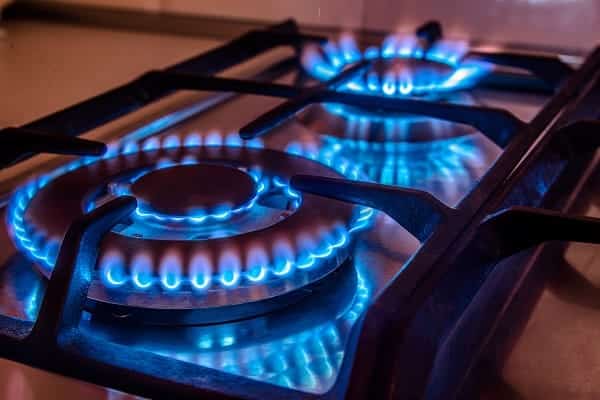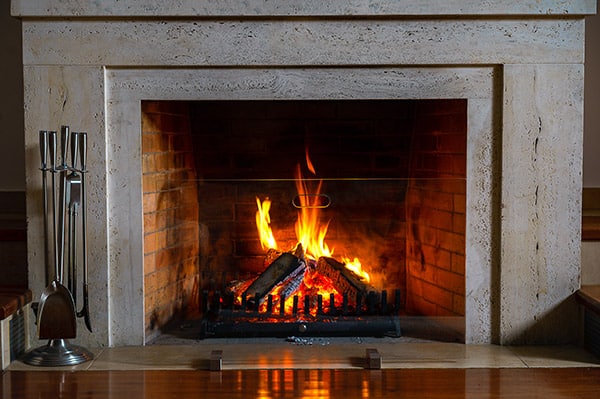
Gas is a vital resource in many homes, providing heat, hot water, and fuel for cooking. However, it’s crucial to recognize that gas leaks can be extremely dangerous, posing serious risks to your safety and health. Understanding how to detect gas leaks and knowing how to respond effectively can make a significant difference. This comprehensive guide will help you identify the signs and symptoms of a gas leak and locate your gas shut-off valve for emergencies.
Why Is Gas Safety Essential for Your Home?
Natural gas is a commonly used fuel in residential settings, but its flammability makes gas safety a top priority. A gas leak can lead to explosions, fires, and even health complications from prolonged exposure. Therefore, being proactive about gas safety is essential for protecting your home and family.
What are the Signs and Symptoms of a Gas Leak?
Detecting a gas leak early is crucial for your safety. Here are the key signs to watch for:
1. The Smell of Gas Leak
The most recognizable indicator of a gas leak is the smell of rotten eggs. Natural gas is odorless, but a chemical called mercaptan is added to give it a distinct, unpleasant odor. If you detect this smell in your home, it is critical to act immediately.
2. Hissing Sound
Have you heard a hissing or whistling noise near a gas appliance or pipeline? This sound could indicate that gas is escaping, which is a clear sign of a leak. Be attentive to unusual noises, especially when appliances are in use.
3. Dead or Dying Plants
Have your outdoor plants suddenly wilted or died? If you notice brown spots on your lawn or dying vegetation near gas lines, it might signal an underground gas leak. Plants can react negatively to gas exposure, making this an important sign to consider.
4. Bubbles in Water
Have you observed bubbles forming in wet areas near your gas line? Bubbles can indicate escaping gas, especially if they appear in flooded areas. This phenomenon often occurs when gas escapes into water, creating visible bubbles.
5. Physical Gas Symptoms
Are you or anyone in your household experiencing symptoms such as headaches, dizziness, nausea, or fatigue? These physical symptoms can indicate exposure to gas. If you suspect a leak, evacuate the premises immediately and seek medical attention.
How to Locate Your Gas Shut-Off Valve?
In the event of a gas leak, knowing how to shut off the gas supply is essential. Here’s how to locate and operate your gas shut-off valve:
1. Locate the Main Shut-Off Valve
Where can you find the main shut-off valve? Typically, it is located near your gas meter, which is often found outside your home. Look for a rectangular or round valve handle. Familiarize yourself with this location to ensure quick access in case of an emergency.
2. How to Shut It Off
What is the correct way to turn off the gas? Use a wrench to turn the valve a quarter turn until it is perpendicular to the gas pipe. This action will stop the gas flow, minimizing the risk of danger.
3. Know the Appliance Shut-Off Valves
Do your gas appliances have individual shut-off valves? Yes, each gas appliance may have its own shut-off valve, usually located within a few feet of the appliance. Familiarize yourself with these valves to ensure you can act quickly if needed.
Practice Gas Safety Now
Why is it important to familiarize yourself with your gas shut-off valves ahead of time? Don’t wait for an emergency to learn about them. Take a few moments now to locate and practice turning them off. Consider labeling them for easy identification during a crisis.
If you Notice Signs of a Gas Leak
If you suspect a gas leak, follow these steps immediately:
- Evacuate the Area: Ensure that everyone in your home leaves immediately. Do not use phones or any electrical devices that could create a spark.
- Avoid Flames and Sparks: Do not light matches, candles, or cigarettes, and avoid turning on electrical switches.
- Call for Help: Once you are at a safe distance, contact your local gas company or emergency services to report the leak.
- Stay Away: Keep a safe distance from the area until professionals arrive to assess and resolve the situation.
The Importance of Recognizing Signs & Symptoms of Gas Leak
Gas safety requires preparation and awareness, especially given the various gases present in your home, such as natural gas and propane, which are essential for heating, cooking, and hot water. Additionally, homes may contain gases like carbon monoxide, a colorless and odorless gas produced by incomplete combustion from appliances like furnaces, water heaters, and stoves. Other gases, such as methane, can also be present, particularly in areas with septic systems or landfills. Understanding the different types of gases in your home is crucial for ensuring safety and efficient energy use, as each type has specific properties and potential hazards.
By recognizing the signs of a gas leak and knowing how to shut off your gas supply, you can significantly reduce the dangers to your home and loved ones. Regularly inspect your gas appliances and lines for any signs of wear or damage, and schedule routine maintenance with professionals.
If you ever suspect a gas leak, act quickly to ensure the safety of your household. For added peace of mind, consider scheduling a service with My Georgia Plumber at 770-268-2331. Their team of experts can assist you in maintaining a safe and efficient gas system. By staying informed and prepared, you can effectively protect your family from the risks associated with gas leaks. Always prioritize your gas safety measures and remain vigilant!
Safe Gas Line Repair and Installation in Woodstock, GA: What Homeowners Need to Know
If you’re a homeowner in Woodstock, GA, you might be considering installing a new gas line for a fireplace, grill, or other appliances. Or perhaps you’ve noticed signs of a gas line issue and need repairs. Whether you’re planning an installation or facing a repair, understanding gas line safety is crucial. Here, we’ll cover what...Continue reading→
Fall Fireplace Maintenance: Preparing Your Home for Winter
As the crisp autumn air rolls in and the leaves begin to change, it’s time to prepare your home for the colder months ahead. A cozy fireplace can transform your living space into a warm haven during winter, but proper maintenance is essential to ensure it operates safely and efficiently. At My Georgia Plumber, we’re...Continue reading→
Enjoy Your Outdoor Living Space Year-Round with Fire Pits and Gas Grills
If you cherish spending time outdoors, whether lounging or entertaining, your outdoor living space is an essential part of your home. However, the challenge lies in making the most of it throughout the year, regardless of temperature or weather changes. By collaborating with the gas line installation professionals at My Georgia Plumber, you can transform...Continue reading→













